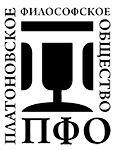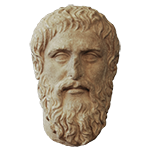

|
The Universe of Platonic Thought Универсум платоновской мысли 28th International Conference · XXVIII Международная конференция 25–26 June 2020 St Petersburg, Russia · 25–26 июня 2020 Санкт-Петербург, Россия |

|
 |
 |
 |
||||
| Conference Program | Proceedings | |||||
 |
 |
 |
 |
 |
 |
 |
© 2024 Plato Philosophical Society (Russia)
 Русская версия
Русская версия